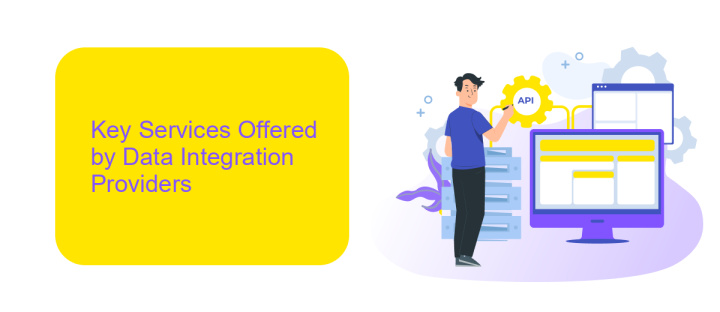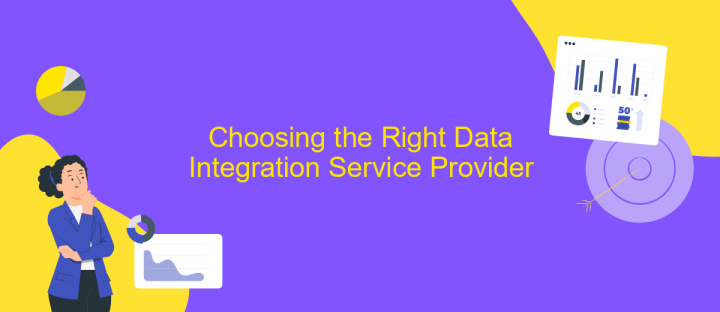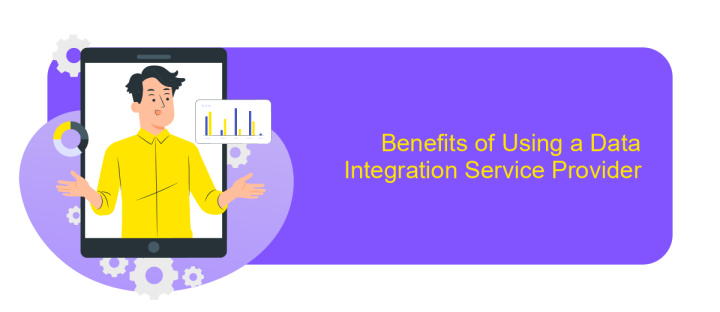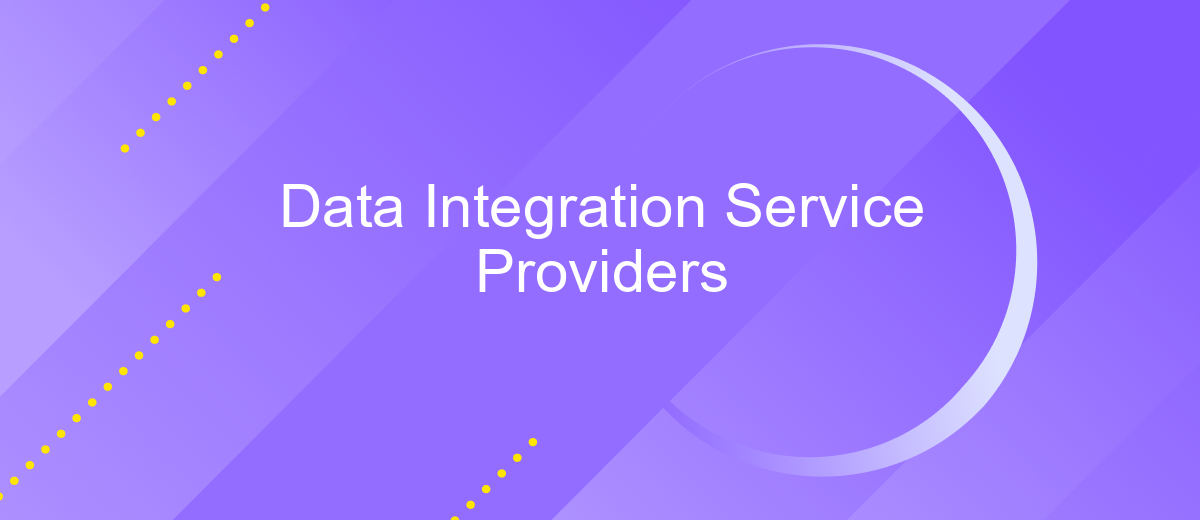Data Integration Service Providers
In today's data-driven world, seamless integration of diverse data sources is crucial for organizations striving to gain actionable insights and maintain a competitive edge. Data Integration Service Providers play a vital role in this landscape, offering solutions that enable businesses to efficiently combine, manage, and analyze their data. This article explores the key players in the industry, their offerings, and how they can transform data management strategies.
Understanding Data Integration Service Providers
Data integration service providers play a crucial role in today's data-driven world by facilitating the seamless merging of data from various sources into a unified view. These providers offer specialized tools and services that enable organizations to efficiently manage, process, and analyze large volumes of data. By leveraging these services, businesses can enhance their decision-making processes, improve operational efficiency, and gain valuable insights from their data assets.
- Data Connectivity: Providers offer connectors to various data sources, including databases, cloud services, and APIs.
- Data Transformation: They provide tools for cleansing, transforming, and enriching data to ensure consistency and accuracy.
- Scalability: Solutions are designed to handle large-scale data operations, accommodating growing data needs.
- Security: Robust security measures are implemented to protect sensitive data during integration processes.
- Real-time Processing: Many providers offer real-time data integration capabilities for timely insights.
Choosing the right data integration service provider requires careful consideration of an organization’s specific needs, such as the type of data sources, the complexity of data transformation, and the required level of security. By selecting a provider that aligns with these requirements, businesses can ensure a smooth and efficient data integration process, ultimately leading to improved data-driven strategies and outcomes.
Key Services Offered by Data Integration Providers

Data integration providers offer a range of essential services designed to streamline and enhance the way businesses handle their data. One of the primary services is data migration, which involves transferring data between systems or formats while ensuring data integrity and minimal downtime. Additionally, these providers offer data transformation services, allowing businesses to convert data into a format that is suitable for analysis or other applications. This service is crucial for companies that need to harmonize data from disparate sources.
Another key service is the implementation of Application Programming Interfaces (APIs) to facilitate seamless data exchange between different software applications. Providers like ApiX-Drive specialize in configuring these integrations, enabling businesses to automate workflows without the need for extensive coding knowledge. Moreover, data integration providers offer real-time data synchronization, ensuring that all systems reflect the most current information. This capability is vital for maintaining accuracy and consistency across business operations. By leveraging these services, companies can improve decision-making, enhance operational efficiency, and gain a competitive edge in their respective markets.
Choosing the Right Data Integration Service Provider

Choosing the right data integration service provider is a critical decision for any organization aiming to streamline its data processes. The right provider can enhance data accessibility, improve data quality, and ensure seamless integration across various platforms. To make an informed choice, consider the following factors.
- Scalability: Ensure the provider can accommodate your growing data needs as your business expands.
- Compatibility: Verify that the service supports integration with your existing systems and applications.
- Security: Check for robust security measures to protect sensitive data during integration.
- Cost: Evaluate the pricing model to ensure it aligns with your budget and offers value for money.
- Support and Maintenance: Consider the level of customer support and ongoing maintenance services offered.
Ultimately, the right data integration service provider should align with your organization's specific needs and objectives. Take the time to assess potential providers thoroughly, considering both current requirements and future scalability. By prioritizing these factors, you can select a partner that not only meets your immediate needs but also supports your long-term data strategy.
Benefits of Using a Data Integration Service Provider

In today's data-driven world, businesses are inundated with vast amounts of information from various sources. Managing and integrating this data efficiently is crucial for making informed decisions and gaining a competitive edge. Utilizing a data integration service provider can significantly streamline this process, ensuring seamless data flow and accessibility across different platforms.
By leveraging a data integration service provider, organizations can focus more on strategic initiatives rather than getting bogged down by technical challenges. These providers offer specialized expertise and tools that simplify complex data integration tasks, saving both time and resources. Moreover, they ensure data consistency and accuracy, which are essential for maintaining the integrity of business operations.
- Enhanced data accessibility across multiple platforms.
- Improved data quality and consistency.
- Cost-effective solutions tailored to specific business needs.
- Scalability to accommodate growing data volumes.
- Reduced IT workload and faster implementation times.
Ultimately, partnering with a data integration service provider allows businesses to unlock the full potential of their data assets. This collaboration not only facilitates better data management but also empowers organizations to make data-driven decisions confidently. As a result, companies can achieve greater operational efficiency and drive innovation in their respective industries.
Future Trends in Data Integration Services
As data integration services evolve, several trends are shaping their future. One significant trend is the increasing adoption of artificial intelligence and machine learning to enhance data integration processes. These technologies enable more efficient data mapping, transformation, and error detection, which reduces manual intervention and accelerates integration timelines. Additionally, the rise of cloud-based data integration platforms offers scalable and flexible solutions that cater to businesses of all sizes, allowing them to seamlessly connect disparate data sources across various environments.
Another emerging trend is the emphasis on low-code and no-code integration tools, which empower non-technical users to set up and manage integrations with minimal IT support. Services like ApiX-Drive exemplify this trend by providing user-friendly interfaces and pre-built connectors that simplify the integration process. Furthermore, as organizations increasingly prioritize data privacy and security, integration services are incorporating advanced encryption and compliance features to ensure data protection. These trends indicate a future where data integration is more accessible, secure, and efficient, enabling businesses to leverage data-driven insights with greater ease.
FAQ
What is data integration, and why is it important?
How do data integration service providers work?
What should I consider when choosing a data integration service provider?
Can data integration services be automated?
How can data integration improve business operations?
Routine tasks take a lot of time from employees? Do they burn out, do not have enough working day for the main duties and important things? Do you understand that the only way out of this situation in modern realities is automation? Try Apix-Drive for free and make sure that the online connector in 5 minutes of setting up integration will remove a significant part of the routine from your life and free up time for you and your employees.

